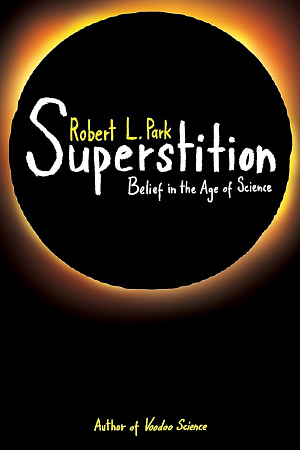Torture and Democracy
Princeton University Press, $67 hb, 849 pp
Dark territory
There must be some part of the human psyche which secretly thrills at the idea of inflicting unbearable pain on others. How else to explain the fact that torture has been practised in every civilisation in every age? How else to explain the desperate cruelty and awesome ingenuity of the torturer’s craft?
Many methods of torture are discussed in Darius Rejali’s book. It is a sorry truth that, after reading about many of the techniques repeatedly, the mind slowly accommodates them. The initial grip of horror weakens by degrees to a form of cool detachment once the details of different tortures are told often enough. Perhaps the same mechanism enables torturers to survive without going mad. But even in the demented world of torture, there are guiding principles and a taxonomy of sorts. Torture is either obvious or secret; demonstrable or deniable; intended to punish and warn, or to extract information. These are the major dimensions of analysis which Rejali uses to explain the preferred styles of torture in different countries at different times in history.
Continue reading for only $10 per month. Subscribe and gain full access to Australian Book Review. Already a subscriber? Sign in. If you need assistance, feel free to contact us.









